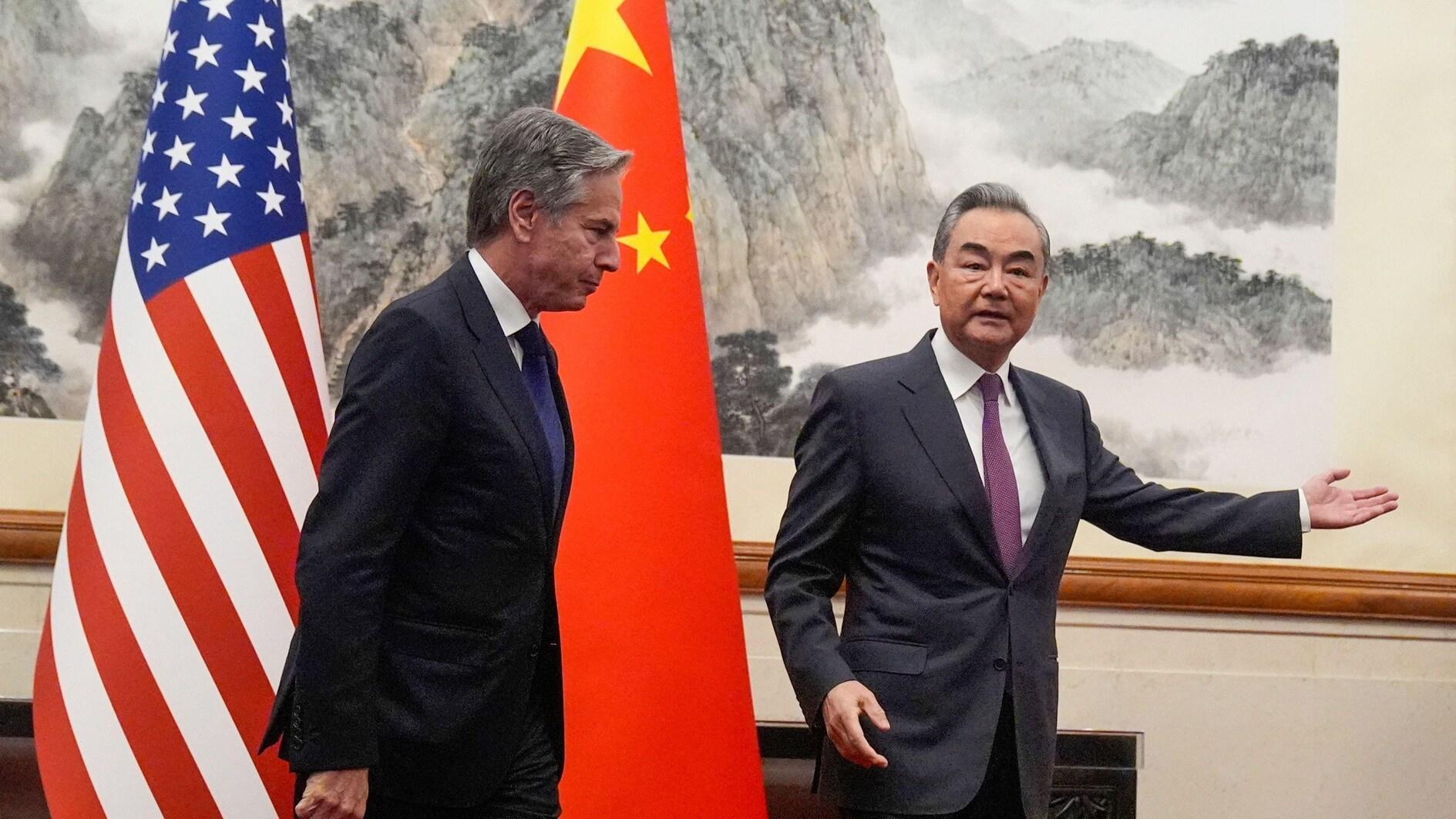Why does Erdoğan need to defend himself?
The opening speech of the legislative year at the Turkish Parliament is traditionally delivered by the president on Oct. 1. The parliamentary year then starts after the speech - but not this year. Due to the re-election on Nov. 1, parliament has gone into another recess after President Tayyip Erdoğan delivered his opening speech in a tense atmosphere at the general assembly.
It was Erdoğan who decided to use a loop in the constitution to take the country to another election for the first time because parliament could not produce a coalition government after the June 7 election, when the Justice and Development Party (AK Parti) lost its parliamentary majority for the first time in 13 years.
In his opening speech, Erdoğan said nobody should blame him for this “power vacuum,” claiming that he was forced to take such a decision. This is a sort of a defense on his part, possibly in answer to the widespread belief that it was Erdoğan who did not want a coalition government to be formed, as that would mean he would have to say farewell to his target of running the country single-handedly with the help of an AK Parti government.
It is no secret that when Prime Minister Ahmet Davutoğlu twice issued statements that talks between his AK Parti and Kemal Kılıçdaroğlu’s Republican People’s Party (CHP) were going well, he was publicly rebuffed by Erdoğan. At first, Erdoğan said he did not believe coalitions were good for the country, while on the second occasion he said if Davutoğlu got involved in a coalition by making concessions it would mean “political suicide.”
After such discouraging remarks, it was difficult for Davutoğlu to form a “grand coalition” with the social democratic CHP. In the end, Erdoğan announced re-elections. He now hopes that the AK Parti will regain its parliamentary majority, form a single-party government, and he will be able to enjoy strong presidential powers even without having to change the constitution.
CHP head Kılıçdaroğlu said on Sept. 30 that they were unable to form a coalition with Davutoğlu because they got a demand - not in the official talks, but as an implicit message - not to “touch” either the president or his family members (implying earlier allegations of misconduct). When the CHP replied that this was a matter for the courts, the coalition talks collapsed.
In his opening speech at parliament on Oct. 1, Erdoğan said he had not pursued a particular personal interest or title throughout his political life. But if the system is to change to become a presidential one, it is his title that would change: “Cumhurbaşkanı” is Erdoğan’s current title in Turkish (meaning “Head of the Republic”), but the Turkish word “Başkan” better conveys what Erdoğan is looking for (meaning simply “The President”).
The second defensive position in his speech was his insistence that he did not want to be accused of ruining the bid for a solution to the Kurdish problem, just like the editorial in the Washington Post did on Oct. 2. The resumption of terrorist acts by the outlawed Kurdistan Workers’ Party (PKK) - after a silent period of three years during the dialogue process with the government - has contributed massively to the current environment of political tension.
Erdoğan continues to be angry at the presence of the Kurdish problem-focused Peoples’ Democratic Party (HDP) in parliament. He accuses the HDP of acting as the “extension of the PKK” in the parliament. He is angry about the success of the HDP’s June 7 election campaign to block his presidential system target, and he believes that the AK Party lost its majority because the HDP was able to exceed the 10 percent threshold. Despite the aggressive ongoing campaign by Erdoğan and Davutoğlu against the HDP, all polls so far show that the latter could again exceed the threshold with the help of Turkish leftist and liberal voters.
The HDP MPs staged a walk out during Erdoğan’s speech on Oct. 1 in protest, and on Oct. 2 the HDP announced its election manifesto. At the launch of the campaign, HDP co-chairs Selahattin Demirtaş and Figen Yüksekdağ further raised the bar against Erdoğan’s presidential system: They remain staunchly against it and vow to further limit presidential powers if they ever become part of a government.











